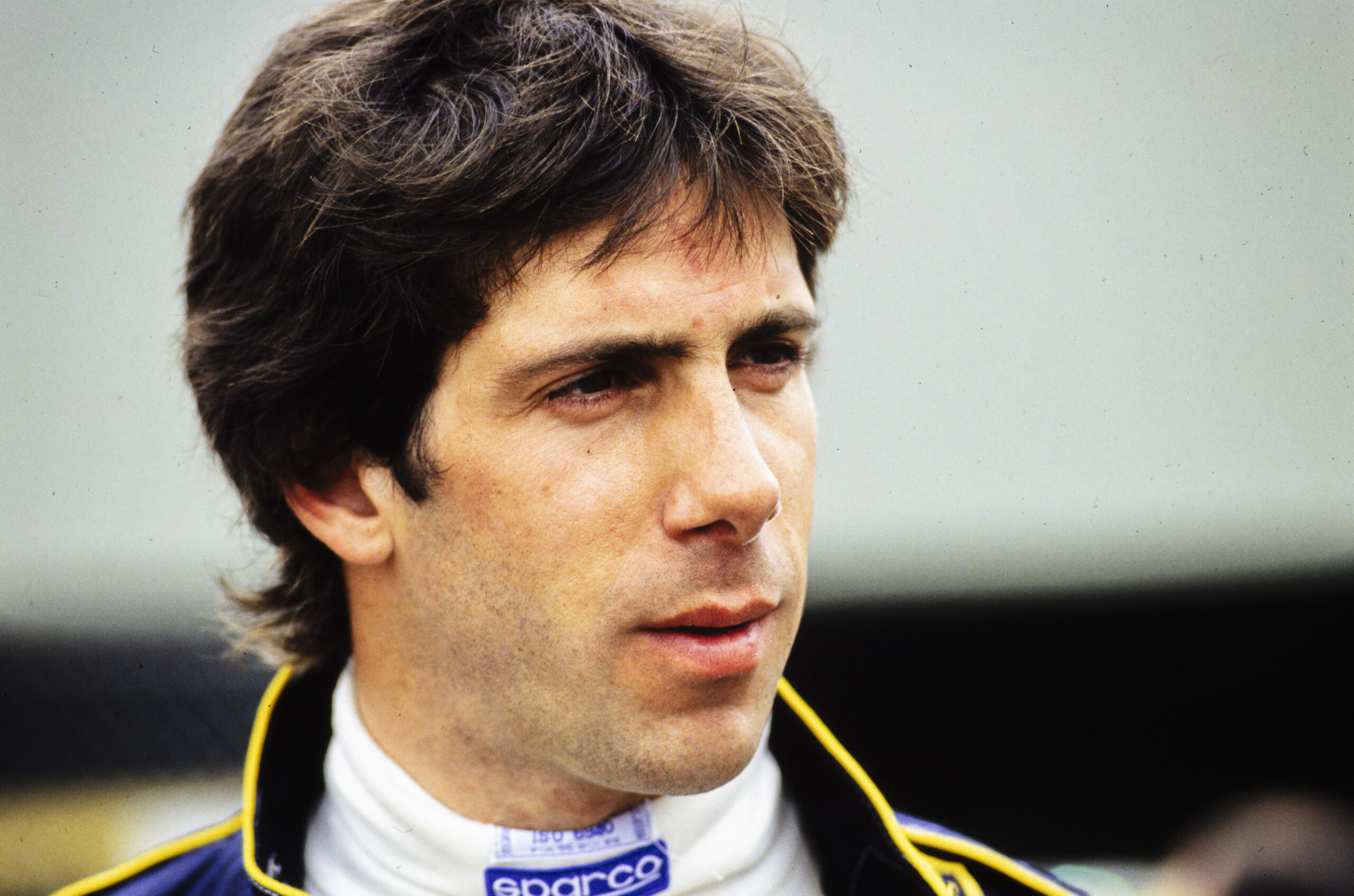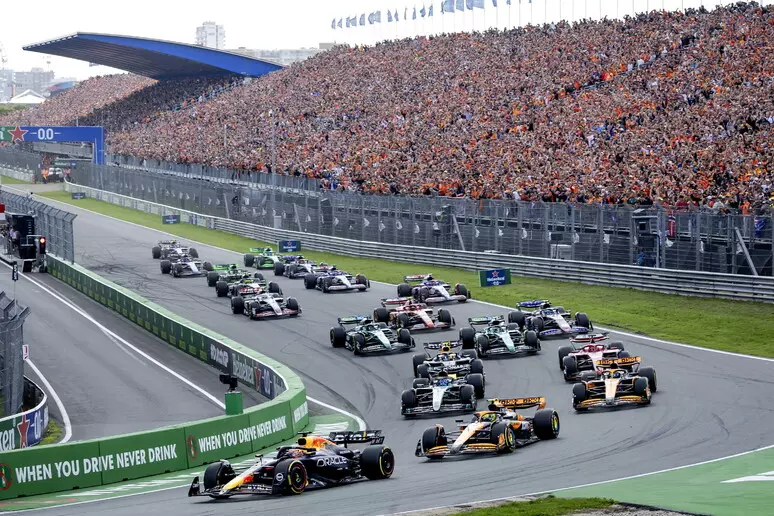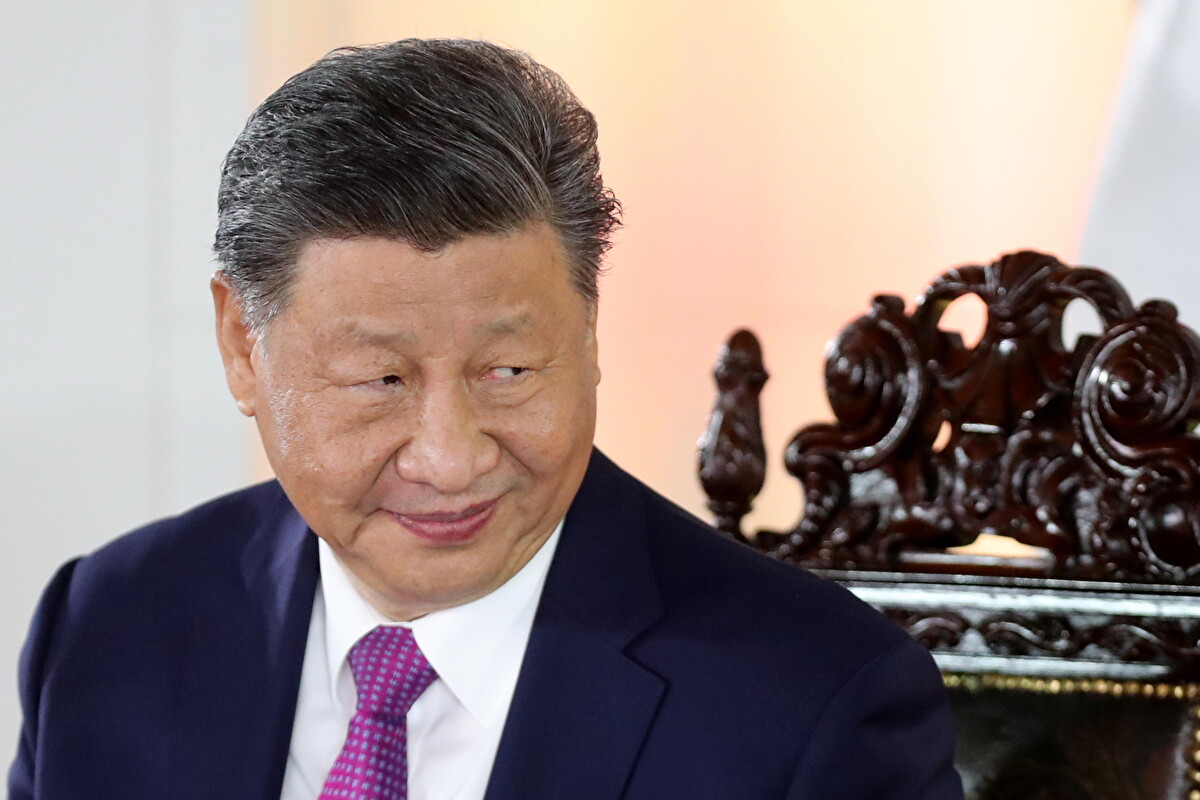In the white-hot theater of Formula 1 racing, where speed, strategy, and billion-dollar engineering converge under the eyes of millions, it’s hard to imagine a plate of spaghetti having anything to say. But this week Barilla, the century-old Italian pasta company, announced a new multi-year partnership with Formula 1, adding a distinctly domestic, even soulful flavor to the sport’s global spectacle.
It’s an unlikely pairing at first glance. One brand is synonymous with roaring engines and elite competition; the other with family dinners and home-cooked warmth. But dig a little deeper, and the logic begins to gel.
In a sport where sponsorship deals are often transactional and branding can feel interchangeable, the Barilla-F1 partnership feels oddly human.
Paolo Barilla, Vice President of the Barilla Group, isn’t just another executive signing a deal from behind a polished boardroom table. In a previous life, he was on the grid himself. A former Formula 1 driver, Barilla raced in the late 1980s and early 1990s for the underdog Minardi team.

Today, his two worlds finally converge.
“A lightning-fast F1 car and a delicious plate of pasta: at first, they seem unrelated,” he said. “But behind both are skilled professionals, passionate and determined, driven by the desire to keep improving. Our greatest satisfaction is being able to offer all the men and women of F1, after an intense competition, a well-deserved plate of pasta.”
Barilla will bring pasta bars to Formula 1’s exclusive Paddock Club, host digital activations, and push co-branded campaigns that blur the line between racing and ritual. There will be signage. There will be carbs.
But perhaps more than visibility, what Barilla gains is cultural alignment. Formula 1 is no longer just about racing: it’s about lifestyle, aspiration, even identity. As the sport expands rapidly in the U.S. and Asia, drawing younger and more diverse fans, its ecosystem is ripe for partnerships that appeal to the heart as well as the eye.
And yet, that’s exactly the point. Even in the era of hybrid engines and wind tunnel testing, there’s still room for tradition. Even amid Rolexes and Red Bulls, there’s a place for rigatoni.

For Formula 1, the deal reflects a broader trend: the transformation of the sport into a lifestyle brand. Under the stewardship of Liberty Media, F1 has embraced entertainment, docuseries (Drive to Survive), fashion crossovers, and now, gastronomy. It is no longer merely a sporting event: it’s an experience.
“We are thrilled to welcome Barilla into the Formula 1 family,” said F1 CEO Stefano Domenicali. “Two stories that share values of excellence, authenticity, and the pleasure of living extraordinary moments together.”
Barilla, too, plays a longer game. Beyond product placement, the brand is leaning into something subtler: soft power through shared moments. Pasta is more than food in Italian culture: it’s symbolism. Comfort. Belonging. Even diplomacy.
As global politics and markets continue to fragment, Barilla’s move is a reminder that the simplest gestures, like setting a table, can still carry weight. It’s also a savvy business move in an era where emotional connection sells better than slogans.
Will a plate of spaghetti win over the adrenaline masses of Formula 1? Time will tell. But as the sport continues to stretch its identity beyond the track, this partnership suggests that its future may be written as much in kitchens and dining rooms as it is in garages and grandstands.
After all, in a world that moves fast, maybe what fans want isn’t just more speed, but a place to slow down, lift a fork, and share something real.












